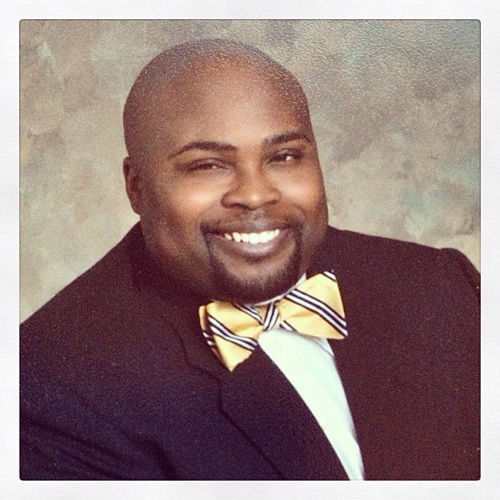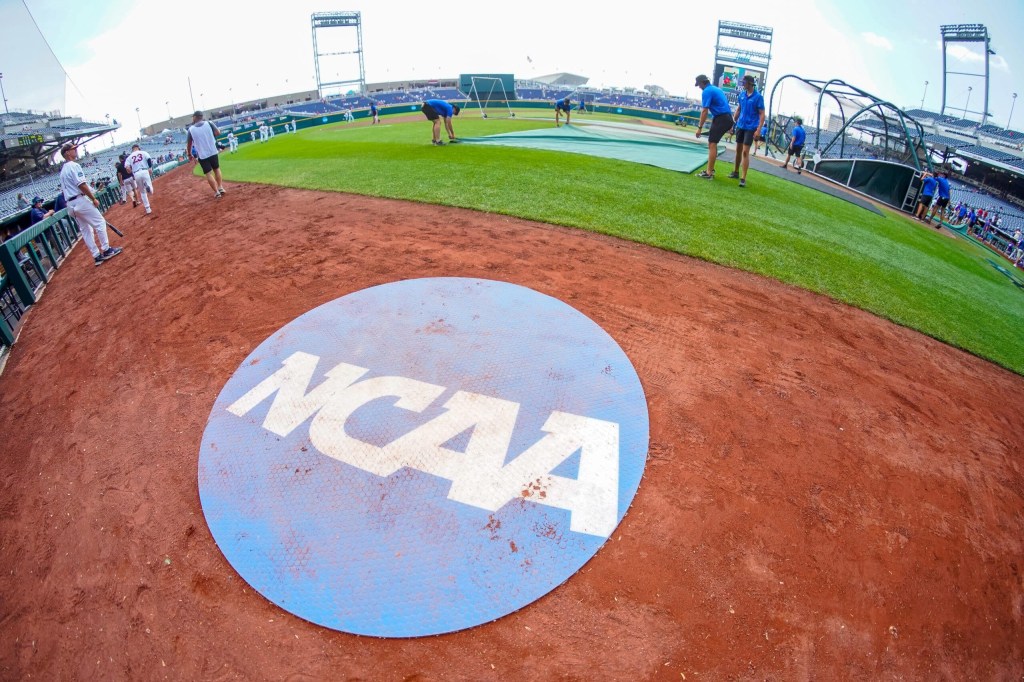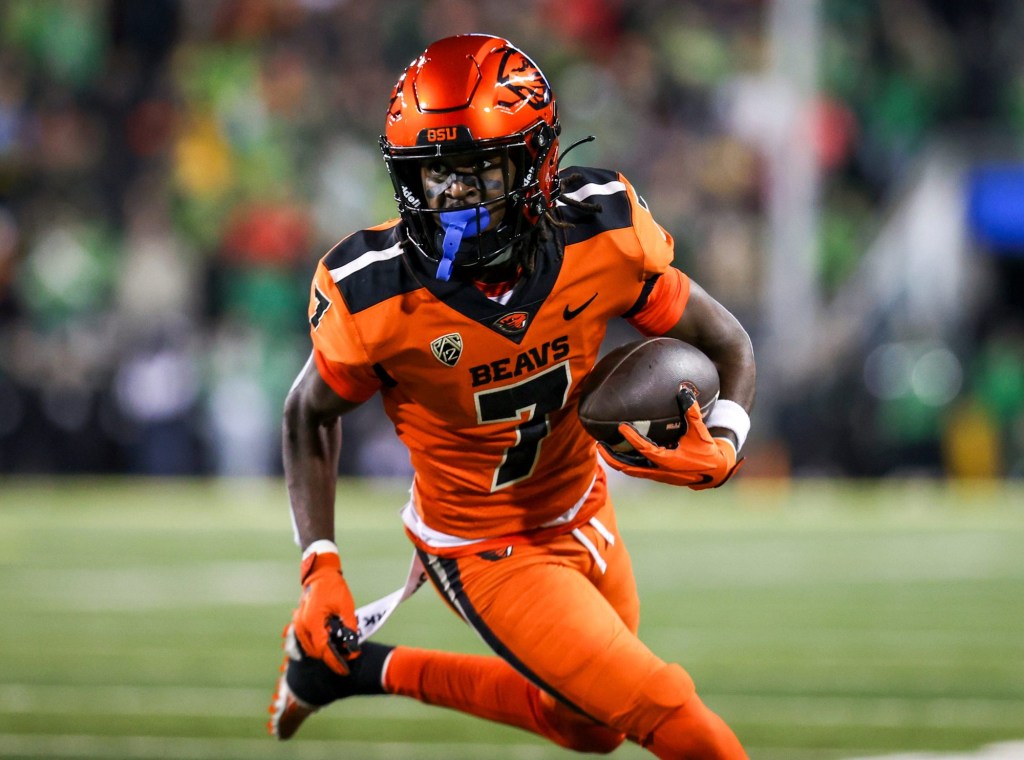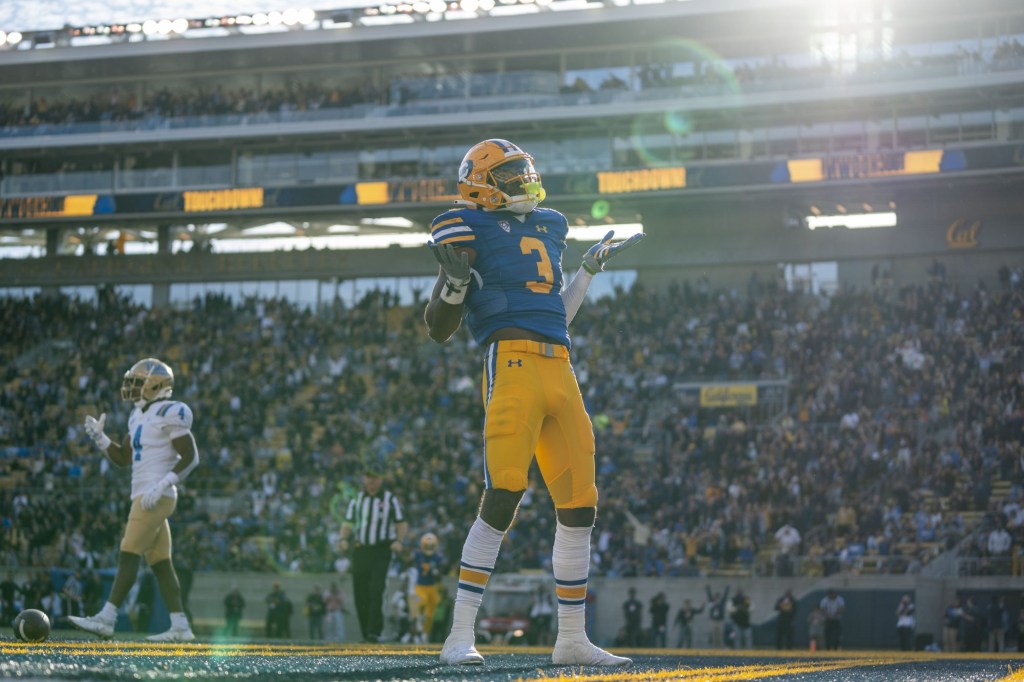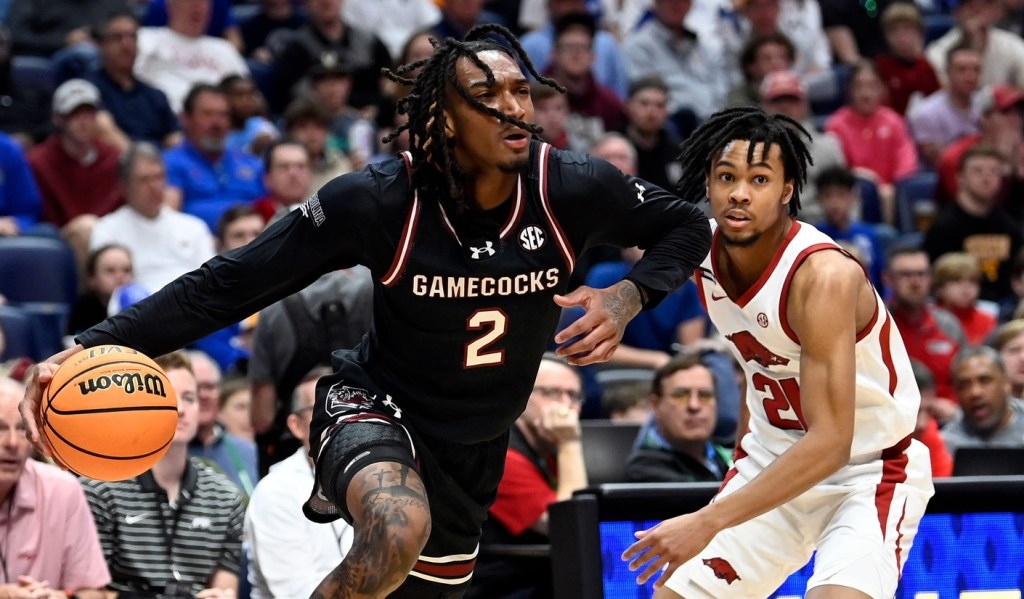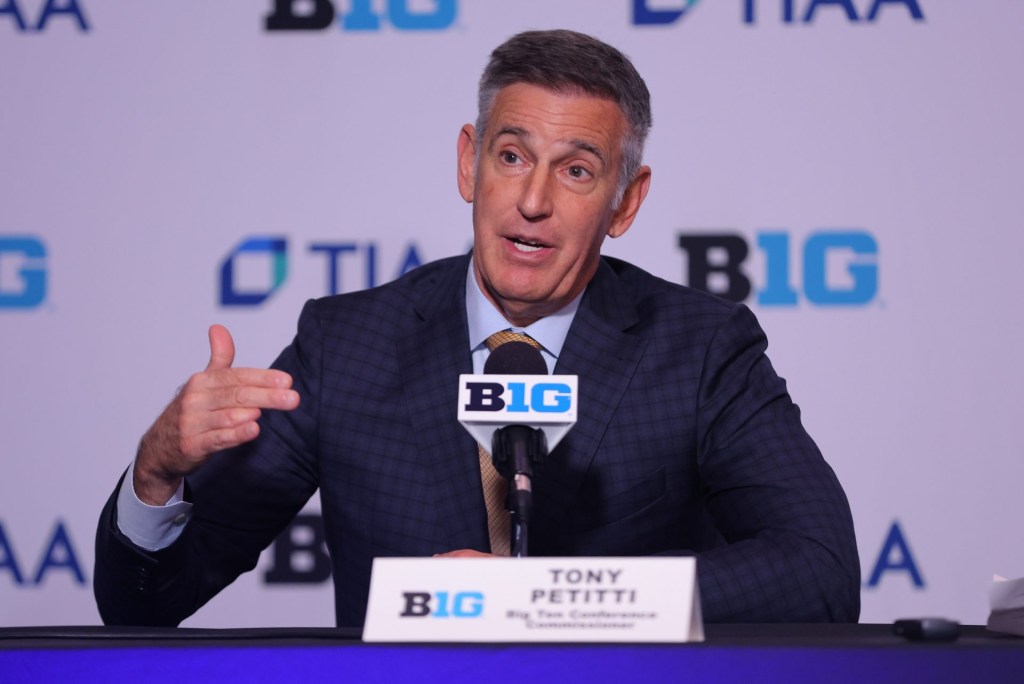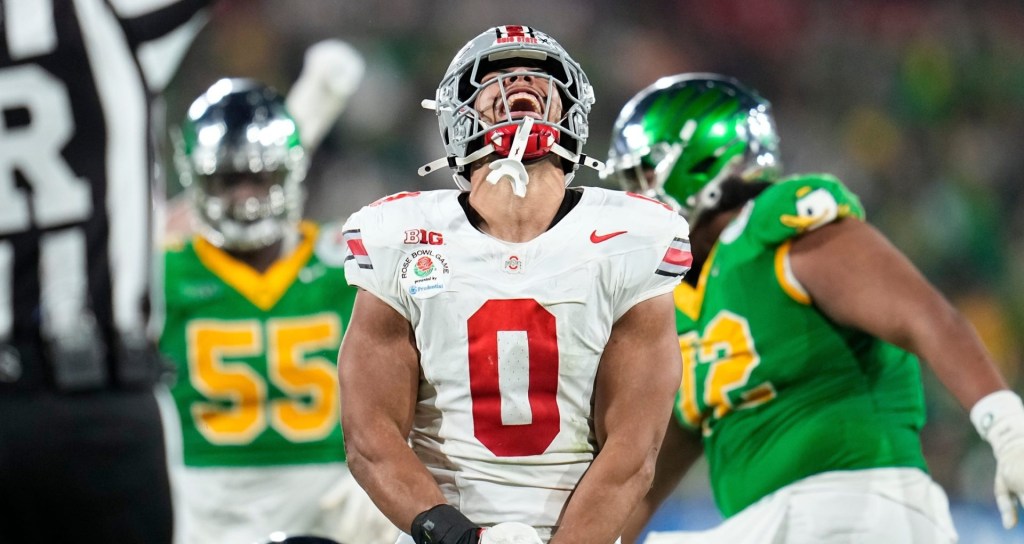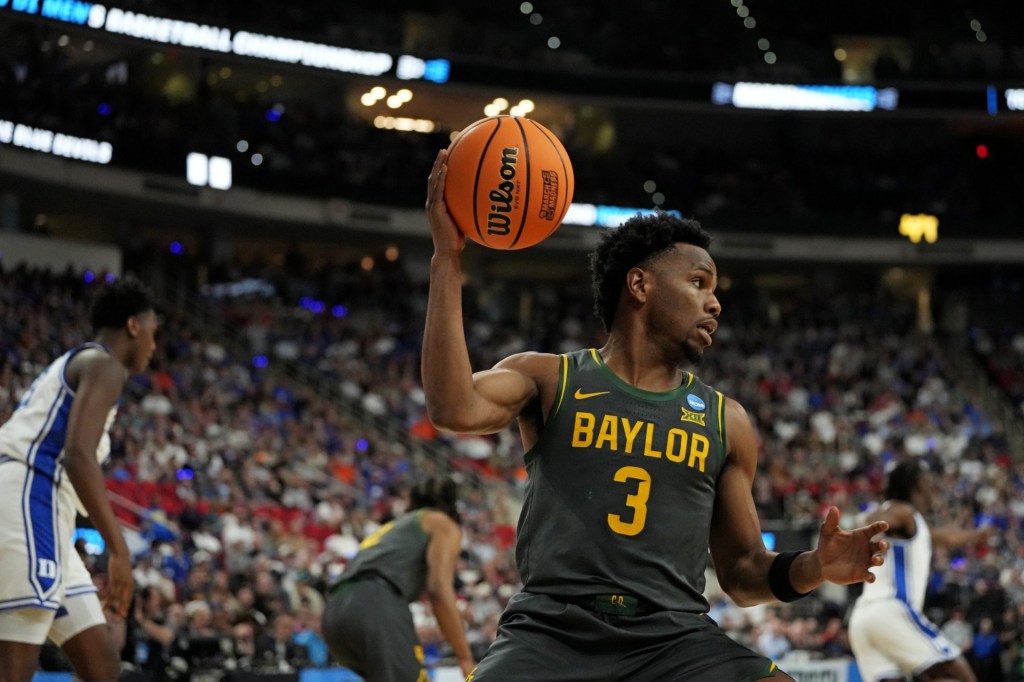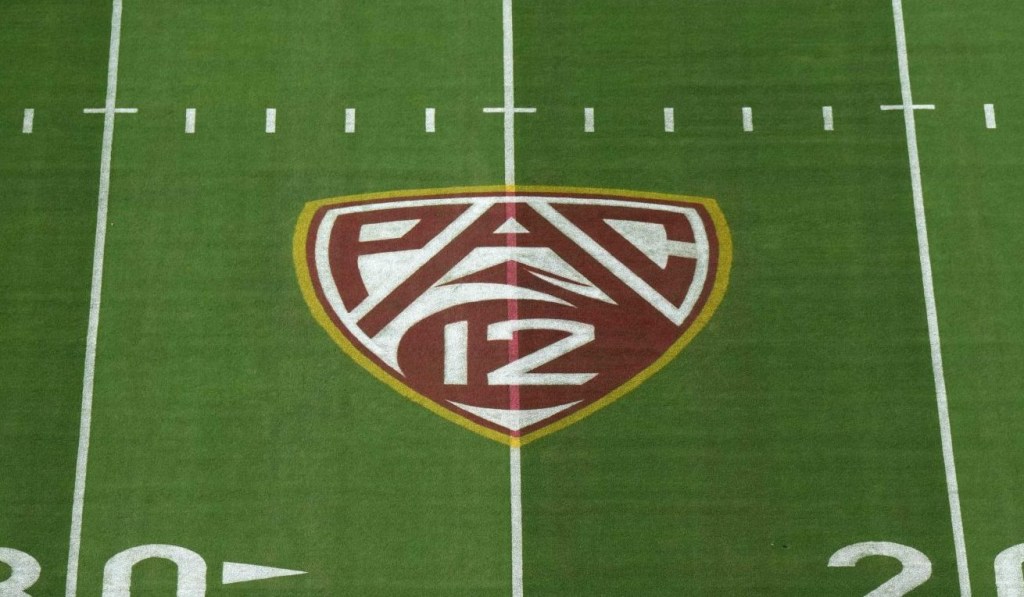By: Amari Dryden, @Amari_Dryden

Front Office Sports is proud to have sat down with Bryan B. Blair, the Associate Athletics Director for Compliance at Rice University. Bryan’s journey into athletic administration actually began 12 years earlier, as a football student-athlete for Wofford College in Spartanburg, SC. Bryan cherished those days as he experienced the benefits that college athletics can provide to young men and women. After his playing days ended, Bryan decided he would attend law school at the University of South Carolina, with a career in sports in mind. During his second year in law school, Bryan studied abroad in Tokyo, Japan. While in Tokyo, Bryan met a friend whose classmate completed the NCAA’s postgraduate internship program following his graduation from law school. Bryan reached out to that former NCAA intern, learned how the analytical experiences he was gaining in law school could apply to college sports and immediately knew that college athletics administration was what he wanted to do with his life. Bryan was gracious enough to offer up his wisdom about the importance of having a passion for what you do and how analytical thinking can go a long way.
What has your journey been like going from a graduate of Wofford College to now being the Associate Athletic Director for Compliance at Rice University?
It’s been an incredible journey, one that I could have never predicted. Coming out of high school, I wanted to get a good education and have the chance to play football somewhere. I got to Wofford and thought I’d become a veterinarian. I took my first biology class and decided pretty quickly that wasn’t for me so I switched over to history. After four years as a Wofford student-athlete, I started trying to figure out what my next step should be. I saw some things about law that intrigued me; especially, considering I could use a legal education to re-enter the sports world.. I got into law school and talked to a couple agents about internships. But, after those conversations, I knew that wasn’t the right career path for me.
As part of my law school experience, I had the opportunity to go to Tokyo for a semester abroad during my second year of law school. I was talking to a friend about possibly working in college sports and he mentioned he had a friend who did an internship with the NCAA and I should meet him. This was totally random that this would come up or that he would know somebody who did the internship. We followed up after we came back from Tokyo and I linked up with his friend. We talked about the NCAA internship and from that point on my mind was set that that is what I wanted to do.
After I returned to the States, I interned at Wofford for a summer and then at South Carolina’s athletic department the following year. Low and behold I got the NCAA internship and it was one of the best years of my life. The NCAA internship is unlike any other. The national office staff treats you like a full-time staff member from the day you walk in the door. You’re handling cases, asked for decisions, your opinion matters. It’s not a go grab coffee and fill up the bagel bin. You have your own desk, case assignments and are expected to work like a full-time employee which was great for me coming out of law school because you’re forced to learn at a really fast pace. The work was great, but the people at the NCAA are truly special and made that experience invaluable.
Like the saying goes, all good things come to an end and it was time to consider what my next step would be. Given my past experience as a student-athlete and my newly formed experience at the NCAA national office, I decided to return to campus and help student-athletes, much like the compliance administrators I dealt with during my time at Wofford. A job opened up at Rice and I was fortunate to receive the opportunity. I worked here my first time as a compliance coordinator also overseeing our Student-Athlete Advisory Committee (SAAC). About a year and a half later, I had the opportunity to go back to South Carolina. It was there that I worked for one of the best compliance administrators in college athletics, Chris Rogers. I loved my time at South Carolina and learned so much from a very respected and talented staff, while working with some of the nation’s top coaches.
Then, unpredictably, I received a phone call asking if I would be interested in coming back to Rice. I ultimately made the decision to come back because of the people that make Rice so special and because it presented a great opportunity for my career to continuing growing. Here at Rice, I serve on our athletic director’s senior administrative staff. I also serve as the sport administrator for seven of our sixteen sports and direct all our athletics compliance efforts. Rice is a truly special place right now with momentum at an all-time high. I’m blessed to learn from our athletics director Dr. Joe Karlgaard, Stacy Mosely and the rest of our coaches/administrators, while serving some of the best student-athletes in the nation.
What inspired you to work in the sports business profession?
I played four sports in high school. I was then blessed with the opportunity to play in college. The experience I had being a college student-athlete was amazing. Even though I went to a FCS school and didn’t have the bells and whistles of a FBS program, I did have a lot of coaches that cared a lot about me and wanted to see me succeed. I had administrators who were willing to stick their necks out for me, whether it was writing a letter of recommendation for law school, helping me secure a scholarship, or giving me my first internship in college athletics. I couldn’t do any of this without them.
Coach Mike Ayers, Elizabeth Rabb, Richard Johnson, Dr. Joab Lesesne. More than anything, it was those special people that inspired me to get into college athletics. Hopefully, one day I can replicate that experience for somebody else because many of the biggest lessons of my life were learned on some kind of playing field.
How did being a student-athlete prepare you for a career in collegiate athletics?
The immediate need to develop effective time management and overcoming adversity are two skills that have translated from my days as a student-athlete to an athletics administrator. When I was accepted to Wofford, I had no idea what I was really getting in to as it pertained to college and being a student-athlete. I went to a high school in a small town of five thousand people and I grew up thirty minutes outside of that. The pace of life was a pretty slow.
I got to college and my football schedule is weightlifting, film, athletic treatment, practice and then on top of that, you have to take care of your responsibilities in the classroom and compete against students who do not face the same time demands as student-athletes. Given these new experiences, it was important to figure out how to be successful on both the gridiron and the classroom. The only way to do that was to effectively manage my time. Right now, time management is critical for me and those experiences at Wofford set the foundation that has allowed me to juggle my many responsibilities.
Another lesson I learned is battling back from adversity. At the end of spring ball when I was a sophomore, I was number one on the depth chart. I was riding high and thought I was going to start and would never come off the bench again! But, nothing is ever as good as it seems. The first game of my junior year, I had a horrible game. Because of that I had to go back to second string. I was crushed. I vowed that would never happen again and it didn’t. I wanted to be the best. In high school and college, I had a lot of people doubting me saying I was too short or wasn’t Division I caliber. That became a chip on my shoulder which fueled me. Having a chip on your shoulder is not necessarily a bad thing if you handle it the right way.
Since you went to law school, how has that knowledge helped you in the sport industry?
They change the way you think in law school. You come in one way and come out with your analytical thinking so sharpened to where you think about whatever problem from all angles. After law school, I had the ability to look at something and almost argue with myself over why that is, playing devil’s advocate all the time. Also being able to predict how others may respond. That’s helped me think through a lot of issues. Basically, law school prepares you to take a set of facts and a rule, apply the facts to the rule and give an educated recommendation. In many ways, that’s what NCAA compliance is all about too.
But, what I learned in law school doesn’t just apply to NCAA compliance issues. When I go to our senior staff meetings and we have discussions on various athletics issues, I try to think about things full circle: how this is affecting me, the student-athletes, the fan base, etc. You have to try to predict all of the possible outcomes of your decisions and how a particular audience is going to respond.
What are some of the challenges that come with working in compliance?
I look at them more as opportunities rather than challenges. I think the things that make compliance difficult are also what make it a great background to have. You never want to be seen by your coaches, student-athletes, or fans as the bad guys. You have to change how you communicate and interact with those individuals to change their perception and, in order to do that, you must have strong personal skills.
You need to hone your personal skills so people see you as an asset and as a person that’s there to help. I tell people in compliance don’t just say no to say no. Compliance gets a bad rap for that. If somebody asks you a question, even if you think the answer is no go that extra mile and look in the manual, look online, ask your colleagues. Try to find another way to do what they want to do. It really gives you an opportunity to think creatively and find a solution where everybody wins.
What is your favorite aspect of your job?
The unknown of every day is one of the coolest parts. Today I have a to-do list of about twenty-five items and I’ve only gotten to maybe two because of other issues arising. The constant shakeups, surprises, highs and lows, and unexpected nature keep you on your toes which makes every day exciting. It also makes the days go by super quick. I feel like I’m running out of hours each day because I have so much I want to accomplish.
I had a couple mentors at the NCAA and one of the things they told me was everyday you step out your front door, you’re interviewing for your next job. The cool thing with compliance is I have people coming to me every day wanting my help with their problems and with each interaction, I’ve got the opportunity to get better. I’ve got the chance to show them that I’m the guy that can handle any issue. I think that’s a tremendous opportunity you don’t get in every area of athletics administration.
Every day you walk out, somebody’s looking at you saying, “Is that the guy for this or that?” You never know what may happen. You want to make sure you’re doing the right thing, at the right time, all the time.
What is your ultimate career goal?
I want to be a Division I athletic director. When I first got in college athletics, I was working for a federal judge that summer in a clerkship. The judge didn’t work on Fridays so I reached out to some people at Wofford and asked them if there was anything I could do on Fridays to get some experience in athletics. I was there for maybe six or seven hours a day on Fridays and I can tell you it was a night and day difference seeing how much I enjoyed doing that compared to traditional legal work. That’s when I made my mind up. This is my passion. If you’re passionate about something, you’ll do a good job at it.
I’m a firm believer in that if you want something, you have to tell people you want it. People can’t help you if you don’t tell them what you want. If you tell people what your goal is and what you want to do, then people can try to find ways to help you out. Athletics is a super small world. People are very connected and amazingly helpful, if you show them how they can help. That is why I’m never shy about sharing my long term career goals.
I had a tremendous experience as a student-athlete and I look forward to the day that I can shape a similar experience for future generations.
Parting wisdom?
One piece of advice that I got from a friend and colleague is that you have to find the low hanging fruit. That means to find something your organization doesn’t excel in right now, take ownership of it and knock it out of the park. What is your department not doing a good job of or what is another university doing that you don’t do at all right now? It’s not enough to come to your job everyday and be average. Average doesn’t get you additional responsibilities or get you noticed. I don’t discuss hard work, because to me that is a given if you want to be successful in college athletics.
One lesson I’ve learned over time is the importance of self-awareness, especially as a leader. Self-awareness is absolutely critical in this business. You need to know how you’re perceived when you walk in a room, how you say things and what people say about you. That goes along with analytical thinking. You must be able to predict what the reaction may be so you can alter your behavior and/or your expectations, and figure out how you need to deliver that message.
Another lesson is that social media can be huge for your career. Embrace social media, but embrace it the right way. You have the opportunity on social media to define your online brand. Nowadays you have the opportunity to reach individuals clear across the country and casually interact with them unlike ever before. Social media is also a great learning tool which allows you to learn about areas in which you don’t even work. I learn something new about marketing and ticket sales each day on Twitter!
My advice is to find the low hanging fruit, develop a great amount of self-awareness, and truly embrace social media and define your online brand. You then must ensure that online brand is reflective of the hard work you’ve put in around the office.
We would like to thank Bryan for his time and insight and we wish him the best in all his future endeavors!
You can follow him on Twitter here, or connect with him on LinkedIn here!
This interview is another edition of “Winning Edge Wednesday” in congruence with our partnership with the Winning Edge Leadership Academy. Every Wednesday we will be featuring the story of a woman or minority working in the sports business industry.If you know of a professional you would like featured, drop us a line at russ@frontofficesports.org.

